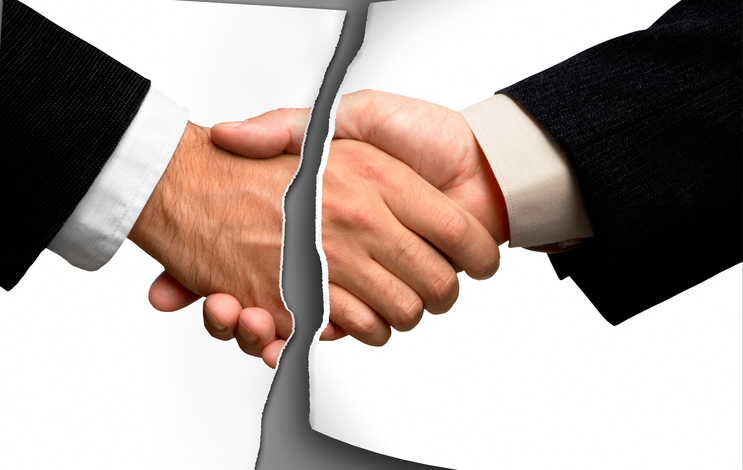

Digital technology company Valo Health has an artificial intelligence platform for drug research and a pipeline of compounds produced by that software, but it no longer has a vehicle to carry them into the public markets. Valo and Khosla Ventures Acquisition Co. have terminated the merger agreement that would have combined the self-described “digitally native” therapeutics biotech with the special purpose acquisition company (SPAC).
The companies described the termination as a mutual decision. The reason they offered in their late Monday announcement was “current market conditions, particularly in the biotechnology area.” No additional details were given. The termination came just prior to a scheduled Tuesday vote by Khosla shareholders on whether to approve the merger deal. According to the terms of the merger agreement, the deal may be terminated by mutual written consent with neither party having any liability to the other.
Boston-based Valo launched last fall, revealing more than $100 million in financial backing since the company was formed and initially financed by venture capital firm Flagship Pioneering in 2019. The company’s drug discovery technology, called Opal, is designed to improve on older drug research techniques by using artificial intelligence to run simulations, optimizing a range of properties of a molecule, such as its activity against disease, how it is processed by the body, and reducing a compound’s toxic effects.
Opal’s AI algorithms are also applied to patient data, analysis of which can identify patterns in drug response, which in turn can help identify patient subpopulations for an experimental therapy. The process becomes a feedback loop. Insights gleaned from experiments are fed back into Opal, where machine learning-techniques learn from them and shape future experiments. At the time of the merger announcement in June, Valo claimed Opal had built more than 30,000 predictive models and made more than 2 billion predictions. The company contends that Opal has the potential to advance drug candidates in half the time, at half the cost, and with fewer drug failures compared to traditional drug development.
The Valo technology has already produced drug candidates. The company had reported a pipeline of 17 programs spanning cardiovascular/metabolic/renal disorders, cancer, and neurodegenerative diseases. Acute kidney injury drug OPL-0301 and OPL-0401 for diabetic complications are Valo’s most advanced programs, both of them ready to begin Phase 2 testing.
In the termination announcement, Valo’s founder and CEO David Berry said that the company is moving closer to launching its first Phase 2 trial later this year, and the second one in the first half of 2022. Those programs and others in the Valo pipeline were to be supported by cash provided by the SPAC merger. Khosla was bringing about $333 million to the merger. The deal also secured additional private financing, which was expected to raise $168.5 million. That financing grew by an additional $32.3 million in July, and by another $1.1 million last week. With the merger deal terminated, that investment won’t happen.
In the termination announcement, Samir Kaul, founding partner and managing director at Khosla Ventures, said that the SPAC is now back in the hunt for other merger opportunities, but not necessarily in biotech.
“Valo Health is a strong company and we wish them continued success as they move forward on a very solid plan,” he said. “We will continue to look for other high-impact targets across a range of industries to deliver maximum shareholder value.”
Valo will need to finance its clinical trial plans with the cash it has on hand. When the merger agreement was initially announced over the summer, the company said its cash holdings were about $250 million. More cash could come from partnerships. In addition to supporting an internal pipeline, Valo had said that Opal could become the basis of deals with other companies looking to use the technology to gain insights for their own drug research.
Photo: Kuzma, Getty Images


















